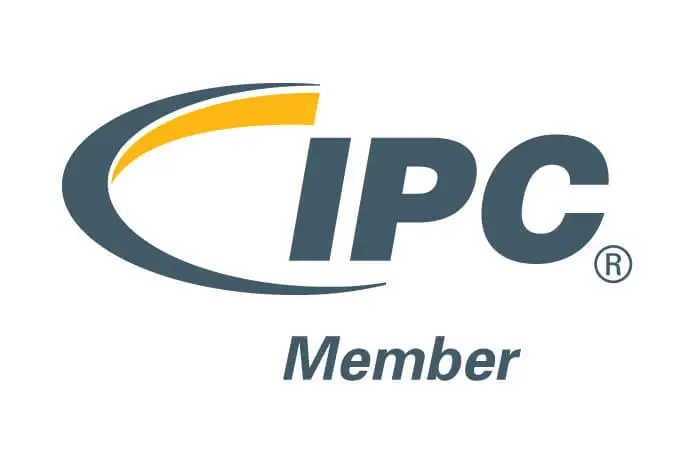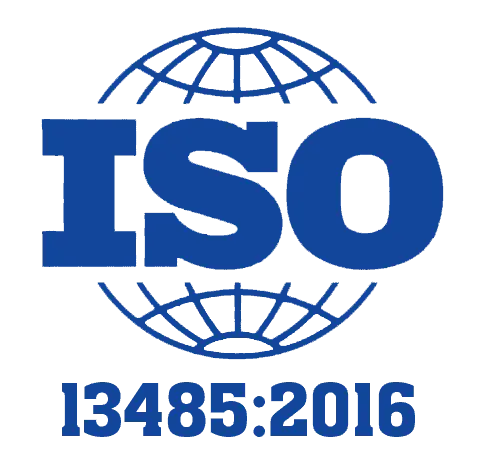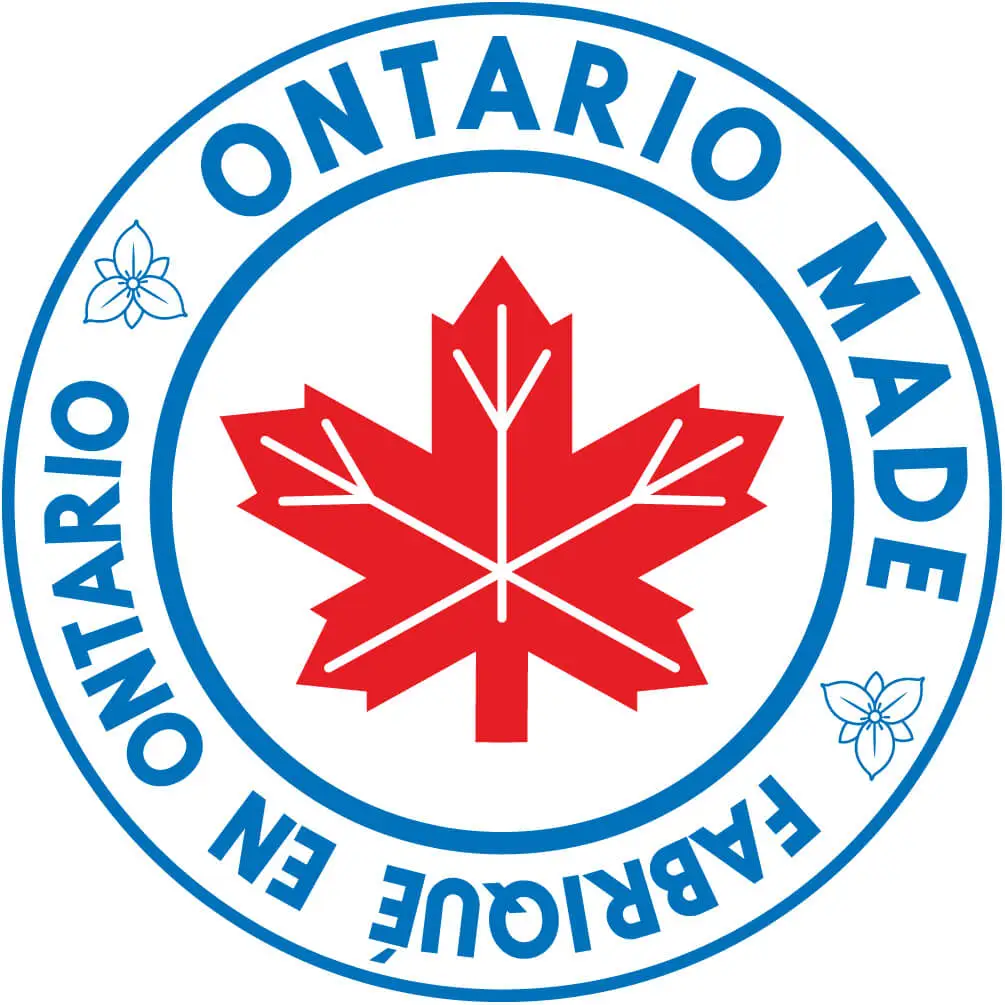TURN-KEY PCB ASSEMBLY: BITTELE ELECTRONICS
PCB MANUFACTURING AND ASSEMBLY
Full Turn-Key PCB Manufacturer
You can quickly get quotes and order PCB fabrication and assembly using our online system. Take advantage of exclusive automatic discounts with our tool. Our BOM pricing tool ensures you receive the lowest price for your order.
START A TURN-KEY PCB ORDER
Minimum Thickness PCB
Minimum thickness PCB is a term used to describe that the thickness of a printed circuit board is much thinner than normal PCB. The standard thickness of a circuit board is currently 1.5mm. The minimum thickness is 0.2 mm for the majority of circuit boards. Due to the market demand for continually thinner devices, there is a demand for minimum thickness PCB boards such as 0.2 mm, 0.4 mm, 0.5 mm board, etc. These circuit boards can be used in sensor cards, SIM cards, and so on.
A PCB is an assembly of several layers including di-electric cores, epoxy prepeg and copper, with solder resist coating. A variety of finished board thicknesses can be achieved by combination of various core thicknesses and sheets of prepeg. The different laminate thickness alternatives are given to the customers in the range of 0.008 inches to 0.240 inches and they are 0.2 mm (0.0079 inch), 0.4 mm (0.016 inch), 0.5 mm (0.020 inch), 0.6 mm (0.024 inch), 0.8 mm (0.032 inch), 1.0 mm (0.04 inch), 1.2 mm (0.047 inch), 1.5 mm (0.062 inch), 1.6 mm (0.063 inch), 2.0 mm (0.079 inch), 2.3 mm (0.091 inch), etc. For a very thin board, it is necessary to only use one layer of core, which limits the number of copper layers to two. More copper layers are only possible by alternating more core and prepeg layers. To produce boards which are mechanically sound, layers should be evenly distributed with an even number of copper layers and an odd number of di-electric layers. Therefore, boards with a high number of layers can reduce their overall thickness by using these thinner core options.
Choosing a very thin PCB thickness may limit the choice of surface finishes available. Each surface finish has a different manufacturing process based on the material properties and production method. Our standard immersion gold surface finish does support 0.2mm minimum thickness PCB, while Lead Free HASL can only be applied for a minimum thickness of 0.6mm. Immersion Tin and Silver have a minimum thickness of 0.4mm.
Utilizing non-standard PCB thicknesses can yield benefits to your overall product design such as a thinner overall product or other electrical performance benefits. However, this non-standard option does increase the production cost. The standard thickness of 1.6 mm (0.063 inch) is the most cost effective. Using multiple layers also increases total cost due to extra material and processing steps.
Bittele Electronics offers minimum thickness PCB production and assembly services. Please contact sales@7pcb.com with your gerber or ODB++ design files and mention your thickness requirement. Our team will then quote the order for you.
Related Articles:
Please briefly describe the information you are seeking in the search bar below.






 English
English